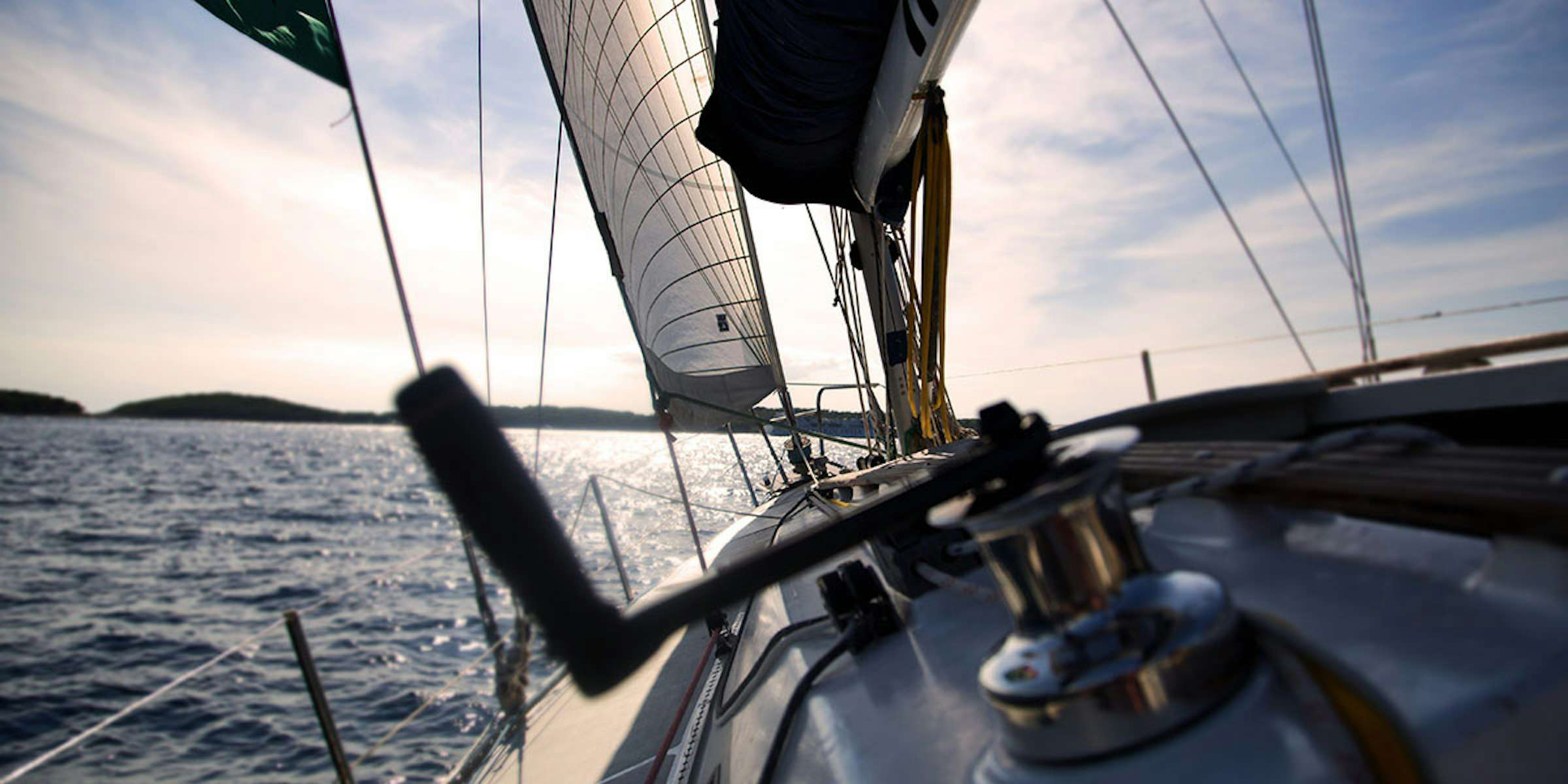
Do you need a license to sail a boat in New Zealand?
If you are planning to sail a boat in New Zealand, you might be wondering if you need a license or a permit to do so. The answer is: it depends on the type and size of the boat, and where you are sailing.
Unlike some other countries, New Zealand does not have a national licensing requirement for recreational skippers. This means that anyone can operate a pleasure boat without having to pass a test or obtain a certificate. However, this does not mean that you can sail without any knowledge or responsibility. As a skipper, you are legally responsible for the safety of your boat and everyone on board, as well as for complying with all the relevant rules and regulations.
One of the most important rules to know is the maritime rules, which are like the road rules for the water. They cover things like navigation, collision avoidance, speed limits, lights and signals, and emergency procedures. You can find the full maritime rules on the Maritime NZ website, or download the free MarineMate app to access them on your smartphone.
Another thing to be aware of is the regional bylaws, which are set by local councils and harbourmasters. These bylaws may vary depending on where you are sailing, and they may cover things like lifejacket requirements, communication devices, mooring zones, and restricted areas. You can also find the regional bylaws on the MarineMate app, or check with your local council or harbourmaster before you go out.
If you are sailing a small boat (dinghy) or a big boat (keelboat), you may also want to consider taking some courses to learn how to sail safely and confidently. Yachting New Zealand offers a range of courses for learning to sail in dinghies and keelboats, which are delivered by qualified coaches at clubs and sailing schools around the country. These courses are nationally and internationally recognised, and they will teach you the basics of sailing, as well as advanced skills and techniques.
Whether you need a license to sail a boat in New Zealand depends on what kind of boat you have, how powerful it is, and what you use it for. However, regardless of your license status, you still need to know the rules and regulations that apply to your boating activity, and you still need to be responsible for your own safety and that of others - make sure you are prepared and informed before you head out on the water.